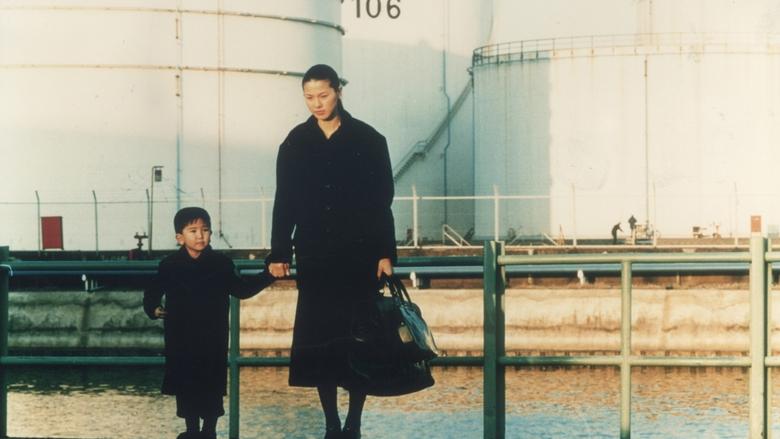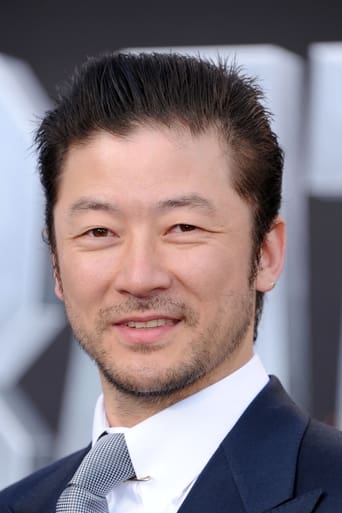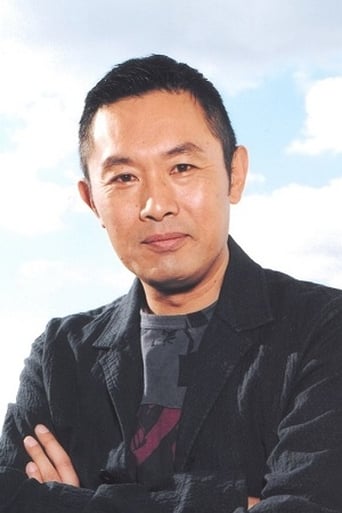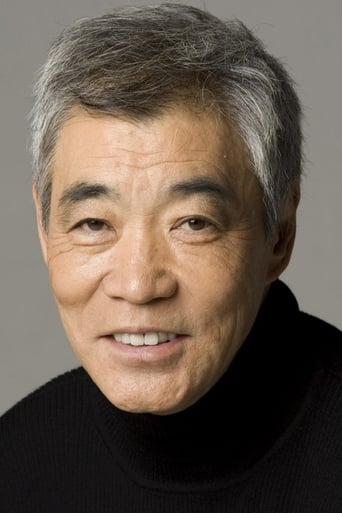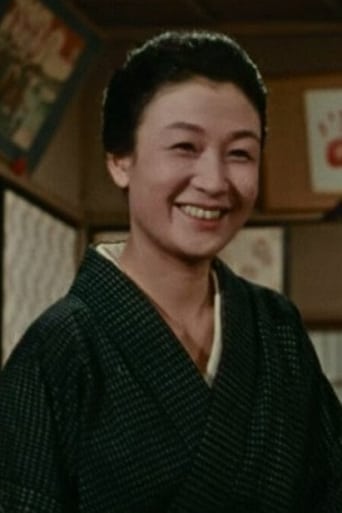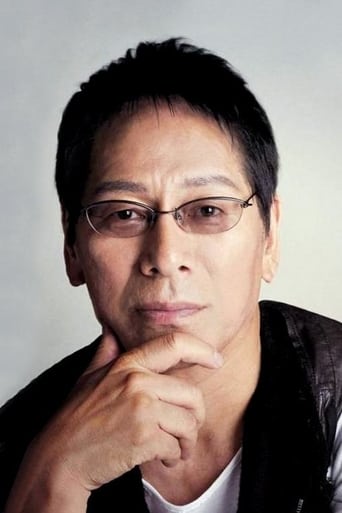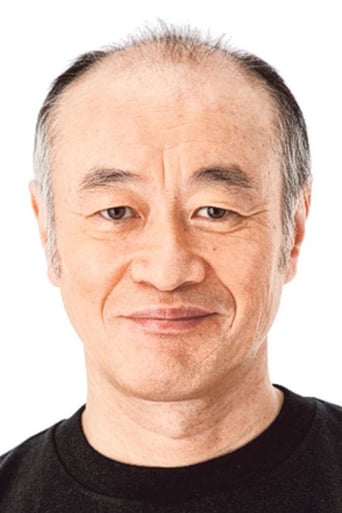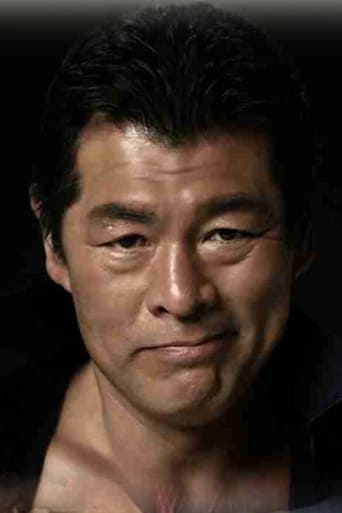
A tragedy strikes a young woman's life without warning or reason. She continues living while searching for meaning in a lonely world.
Similar titles

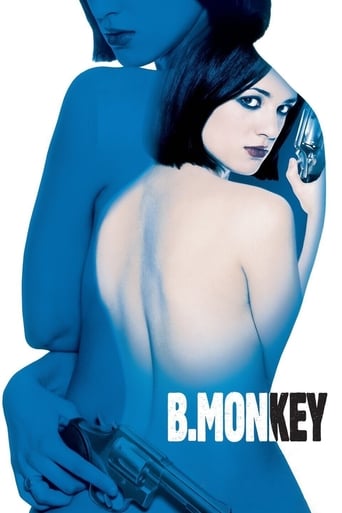
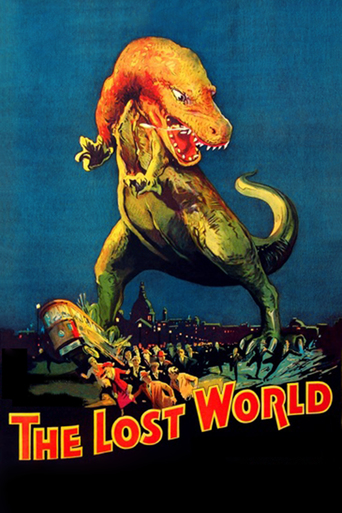
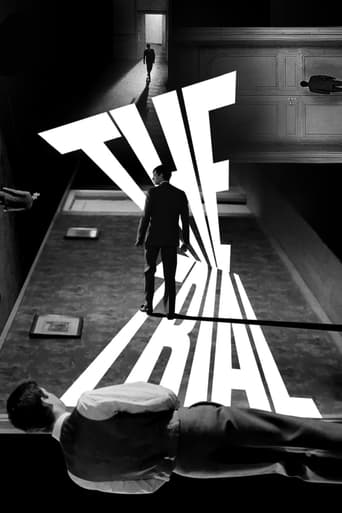
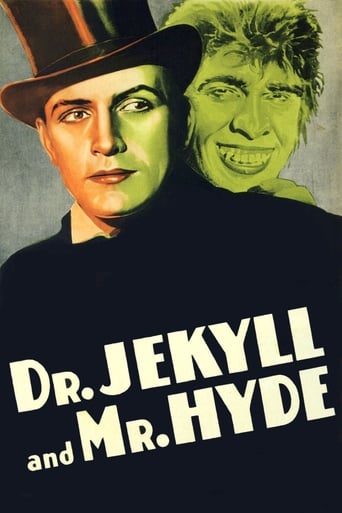
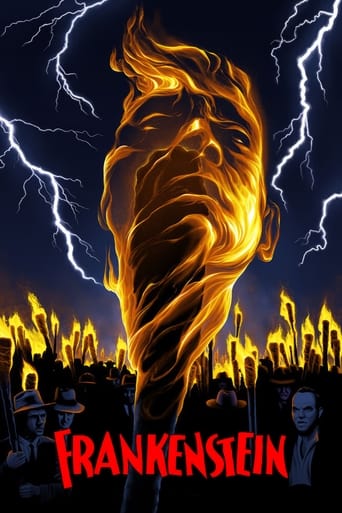

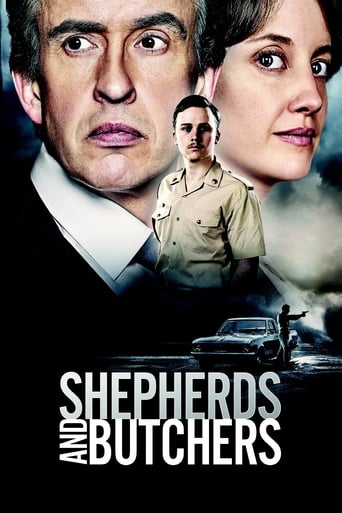

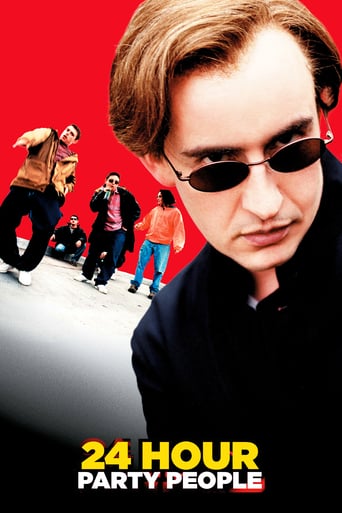
You May Also Like
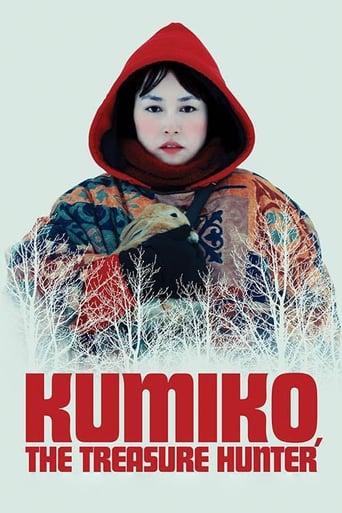

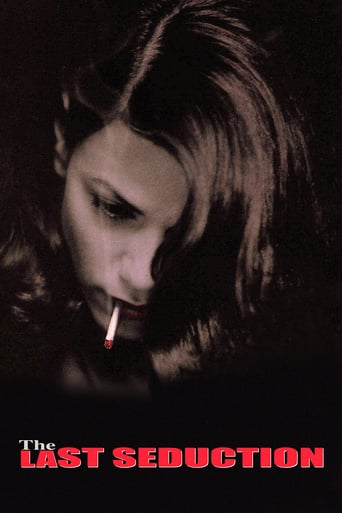
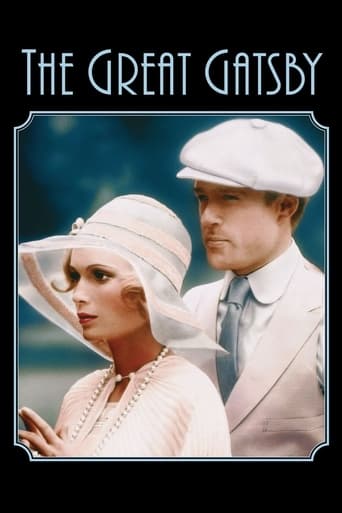
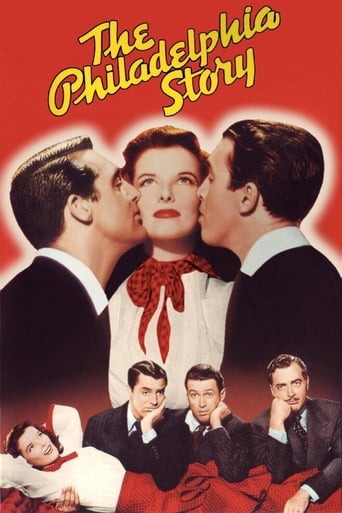

Reviews
Really Surprised!
How sad is this?
Fresh and Exciting
best movie i've ever seen.
This was the directing debut for director Hirokazu Koreeda. It was also the movie debut for Makiko Ezumi in the lead role.Yumiko's (Makiko Ezumi) grandmother ran away from home when she was twelve. She had deep regrets about not being able to stop her grandmother. Yumiko marries Ikuo (Tadanobu Asano) when she was 25. Ikuo somehow reminded her of her grandmother. Yumiko bears a son Yuuichi (Gohki Kashiyama), but one day without any notice, Ikuo commits suicide by walking in front of a train. Few years later, Yumiko is relocated to a town in Okunoto area of Japan. There she remarries with Tamio (Tsuyoshi Naito). Tamio is a widower and has a daughter Tomoko (Naomi Watanabe). Yumiko's memory of Ikuo starts to fade in her newly found happiness, but when she attended her brother's wedding, she starts to be haunted by Ikuo's memory again. Yumiko in her desperation runs away from home, and encounters a funeral where the coffin is carried to the rocks by the sea and is set on fire. Yumiko stands there watching the funeral pyre burning, when Tamio who came looking for her finds her. Yumiko asks Tamio "Why did Ikuo commit suicide ? I still can't understand why !". Tamio answers "My father who was a fisherman told me that he used to see Maboroshi (Illusion) lights in the horizon that beckoned him to come." and tells Yumiko "Anyone has a moment like that.". As if Tamio's words exorcised Yumiko's heart, Yumiko finds peace and happiness with her family again. Following Spring, she was sitting peacefully with Tamio's father by the inner garden of their home, watching the sun go down.The tone of the story is very much similar to many of the movies made by director Koreeda. It's almost like a darker, rougher version of his more recent movie "Still walking". There are no single point to the movie, except for people lost in their lives (which seems to be Koreeda's theme). His tone is lightening up these days, and his movies have more mass appeal now, but this movie has one of the darkest moods out of all his films. It's also a very difficult film to understand, which I think will limit its audiences. If you like artsy movies, this movie is for you.
Wow, there are some pretty extreme reviews of this film. I've read both the LOVED ITs and the HATED ITs, and I agree with both. So what's the deal? Is this the best film ever, or should it be used as a torture device at Guantanamo Bay?All I can say is that I experienced moments of both extremes, but in the end I was unsatisfied. It begins provocatively with an interesting flashback, told very poetically through high contrast shots with deep perspective. This sets the tone very nicely and even manages to inject some suspense into the film. But the movie's downfall is excessive, gratuitous repetition in the hours that follow.The plot develops suddenly within the first 30 mins or so. From then on, don't expect much of a story because the rest is a highly impressionistic mood-type piece with little dialogue and less action. That's not necessarily a bad thing; directors like Ming-liang Tsai (THE HOLE) have pulled it off successfully, but what irked me in this case was the gratuitous repetition. Yes, I know I said "gratuitous repetition" already. Good to see you're paying attention ;)I counted 5 scenes (long ones) of the heroine sitting in a dark room staring out a window with a ghostly light illuminating her face. It was stirring the first time, but after a few more times it's simply redundant & anticlimactic. Another great image--used powerfully at first but losing its charm after the 3rd or 4th beating over the head--is a far shot of a body of water where our eye is drawn to the reflections of people on the surface. OK, Koreeda, we get the picture; the film is about the contrast between shadows and bright light, reality and deceptive illusion, that which we do not understand vs. that which we *think* we understand. If it were presented more concisely, I would have loved it. But did he really require 2 hours to say it? And if so, could he not have explored it more deeply, rather than leaving us with a somewhat shallow climactic monologue at the end? (I call it a 'monologue', but actually it's only 2 or 3 sentences which summarize the whole point of the film.)In the end, my impression of MABOROSHI is much like my impression of Koreeda's later film AFTER LIFE (which I think is much better than this); the philosophy is very interesting, there are certain poetic moments that will captivate you, but when the film is over you get the feeling that you've just read a haiku. Nothing more.
This film strikes the viewer with long static, yet wonderfully moving scenes. Just one example: Yumiko is standing in front of a large window. She is inside an old Japanese house where an orange color reflects warmth and security. Outside a tempestuous wind is blowing. It's getting dark and the window grates are trembling from the wind's pressure. The house and its inhabitants are protected against the dangerous storm only by a thin line. Nobody talks! Koreeda holds this scene for a seemingly long time, just enough to become unforgettable. This is only one example how Koreeda talks through the silence ... In my view, a masterpiece.
The title of the film comes from a Japanese word that loosely translates into "illusory light". A maborosi is an inexplicable mirage that sporadically unveils itself along the waves of the sea, leading many curious sailors to their impending doom. Nobody questions where this mysterious light originates from; nobody wonders why so many men are lured by the maborosi's false promises of otherworldly beauty. The answers are patently unexplainable, leaving no feasible alternative but submissive acceptance and temperate remembrance. There are many aspects of this world whose origins are rationally indecipherable; perpetual mysteries as perplexing as the shifting of the tides or the changing of the seasons, the rising of the sun or the positioning of the stars, the birth of a son or the death of a father. The lesson of the maborosi is quite comforting in its reductive simplicity; there are some tragedies in life that cannot be readily understood or accounted for, but these setbacks should always be treated with a tacit acceptance of the unalterable past, and an unbroken willingness to overcome.Yumiko is confronted with such a confounding loss following the unanticipated death of her husband, Ikuo, an otherwise cheerful individual occasionally prone to brief interludes of somberness and incredulity. As the film opens, we are shown passing indicators of the memories that will continue to haunt Yumiko long after her husband has departed: the stolen bicycle that the couple re-painted together, the intrusively endless loop of train-tracks that entangle the neighborhood, the dark empty hallways of a home encompassed by unfulfilled hopes and abandoned promises. These are the lingering images of a time long since passed, but never forgotten; the remaining links to a previous era divided by enigmatic fate, replacing the comforts of life's certainties with an encircling string of unanswerable inquiries. As Yumiko struggles to combat her own doubts and insecurities, her regrets and reservations, she is forced to reconcile the unaccountable cause for her grief with the prospect of an eventual regeneration of love and companionship. While Yumiko cannot escape from the memories of her past, she can still find hope in embracing an unforeseen direction, discovering solace and comfort in the arms of another man. But even the blissful serenity of the ocean's archaic blue cannot remove the painful memorials from the deepest recesses of Yumiko's imagination. The crashing of the offshore waves does not represent the progressive cleansing of the past, but the uninterrupted calamity of the storm, suggesting that Yumiko's thoughts are just as violently conflicted as the impartial forces of her surroundings.Yumiko's struggle to assimilate her ways into an unfamiliar terrain is further compounded by the insolvable puzzle echoing throughout the barren corners of her new home, reverberating off the timeless waves of the indifferent sea. In spite of this continuous anxiety, there are many fleeting moments that would indicate a sense of personal advancement: images of a family finding comfort in each other's tragedy, reciprocally seeking to forge new identities out of an identical past. Some of the film's most memorable scenes occur with Yumiko's new found source of compassion, as Koreeda primarily focuses on the more joyful, celebratory moments of a strengthening bond between intimate strangers. However, a return visit to the city of Osaka brings back a flood of painful reminders, returning Yumiko to her previous state of inescapable depression. The journey further complicates the delicate situation unfolding within the confounding confines of her deepening psychological turmoil, exacerbating the tensity of her gradual acclimatization. Yumiko's inability to fully commit herself to her second husband is a direct consequence of her inability to comprehend the destabilizing effects of her innermost fixation; a persistent uncertainty concerning the nature of death, and a refusal to receptively acknowledge that which we cannot control.Koreeda's transcendent depiction of the esoteric natural beauty of Yumiko's rural environment is a calculated effort to further reinforce the principle message of the film, which is simply the message of the maborosi. Why does Yumiko's husband selfishly succumb to the unfathomable temptations of the mystic light beyond the horizon? Why does the maborosi indiscriminately engulf the souls of its unwarranted victims? These are questions without answers, frustratingly enlightening reminders of the limits of our mortality, and the fragility of our most basic human certainties. The point of the film, however, is not to mock or ridicule our rational sensibilities, nor does Koreeda intend to paint an exceedingly bleak portrait of untenable despair and incomprehensible misfortune. Rather, the lesson of the maborosi is an alleviating reaffirmation of hope and anticipation, providing an acceptable resolution to an inconclusive affliction, dispensing clues to the solution of one of life's greatest riddles. The maborosi fable teaches us that closure cannot begin without acceptance, and that acceptance is ultimately earned through procession.
Top Streaming Movies











